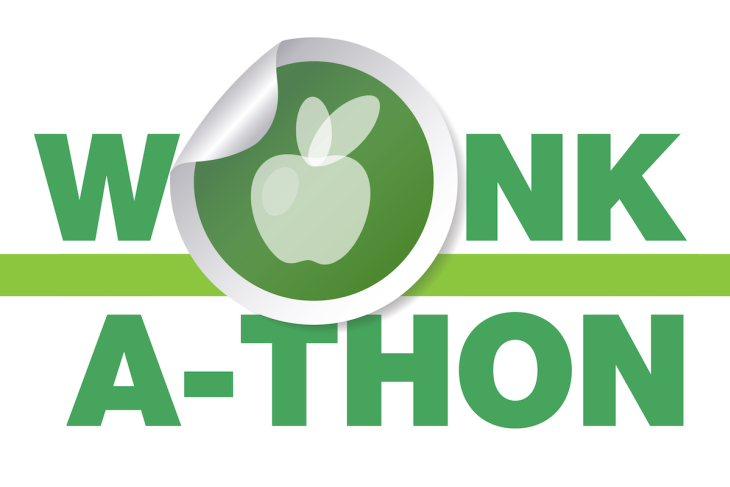In the last two decades, since states began implementing standardized testing under No Child Left Behind, there has been much debate about the value of those assessments. In Louisiana, where I serve as an Assistant Superintendent, we know measurement of student learning is critical, and tests hold the power to define the academic bar for all students. We also know this power comes with responsibility. Like students, test makers must be learners, and tests must be responsive to research.
A quick glance at many standardized assessments will reveal high quality tasks that are well-aligned to grade-level standards. Since teachers do not know the texts students will read on these types of assessments, they often turn with laser-like focus to individual skills as they prepare students. Unfortunately, this means lessons are reduced to text-agnostic skills like identifying theme, and weeks of instructional time may be lost to test preparation.
A significant problem with this type of assessment and the instruction it inadvertently promotes is that reading doesn’t work this way. When we read a newspaper article, for example, we don’t ask ourselves to find the main idea or to identify the setting. Instead, we pull from all of our accumulated knowledge of the topic at hand, and we use that knowledge to make meaning of what we are reading.
Research supports the importance of background knowledge when reading. However, it also tells us the students who have the least amount of background knowledge are also our most disadvantaged.
Louisiana has developed a nationally recognized English language arts (ELA) curriculum, called ELA Guidebooks, with the goal of equipping every student with the skills to read, comprehend, and express their understanding of complex, grade-level texts. We believe that all students should participate in high quality core instruction every day; interact with rich, authentic, grade-appropriate, complex texts; and engage in academic discourse and meaningful interactions related to the content.
With more than 70 percent of the state’s school systems using this high quality curriculum, Louisiana is now piloting an assessment that also encourages this focus. In 2018, Louisiana seized an opportunity provided by the federal Every Student Succeeds Act (ESSA) to pilot an innovative joint ELA and social studies assessment grounded in the ELA Guidebooks curriculum, the actual texts children are reading every day. If successful, this through-year design will reinforce the deep study of texts and ensure students, regardless of life experience, have an equal opportunity to succeed on the test by assessing students on the knowledge they build in their classrooms throughout the year.
The pilot launched in the 2018–19 school year, with twenty-five schools across five school systems. Approximately forty teachers and 2,500 seventh grade students tested two rounds of questions that were used to build the full assessment.
In the 2019–20 school year, the grade-seven assessments became operational in fifty-seven schools across eleven school systems. Approximately ninety teachers and 6,200 seventh grade students are now participating in an assessment that will align directly to knowledge and books that they have explored together in the classroom.
Early feedback has been encouraging. “This is a more authentic and effective way to assess students’ knowledge of texts and topics,” one teacher reported. “When students can take information from texts apart and put it back together in a way that deeply expresses their understanding of the world around them, we know that real learning is happening.”
The pilot will continue to expand to additional school systems, schools, and grade levels and, with time, will replace the traditional summative assessments in participating sites. All Louisiana public schools, traditional and charter, will eventually have access to the new assessments.
As Louisiana works toward that goal, there will be challenges. Tweaks to this model are inevitable. But innovation in how we, in Louisiana and in states across the nation, design our assessments is essential.
Louisiana’s pilot was the first in the nation to be approved by the U.S. Department of Education and remains one of only four innovative assessment pilots to be proposed and approved. When ESSA is reauthorized, these pilots will help guide important conversations. We invite other states to join us as we embrace new research and measurement tools, while never wavering in upholding high expectations for all students.




